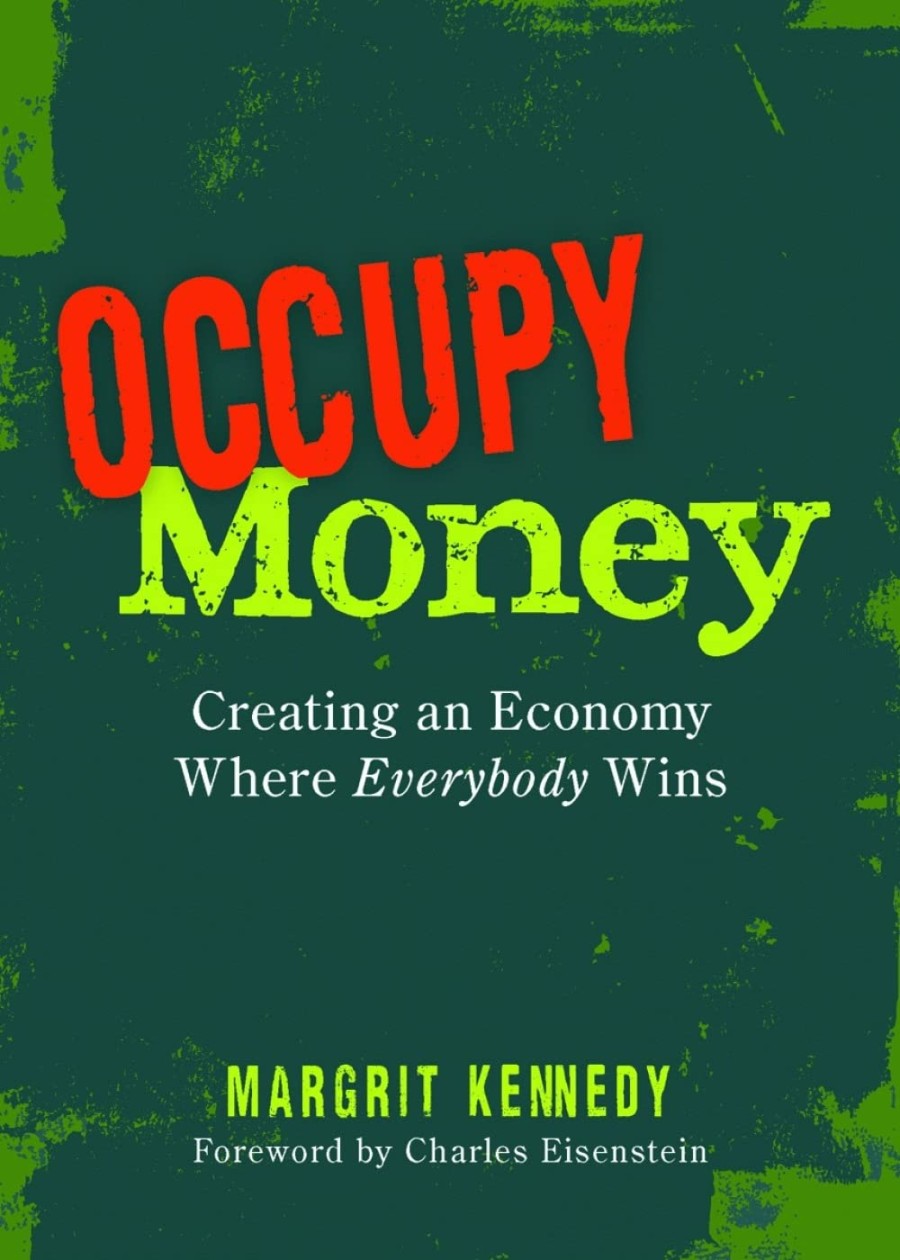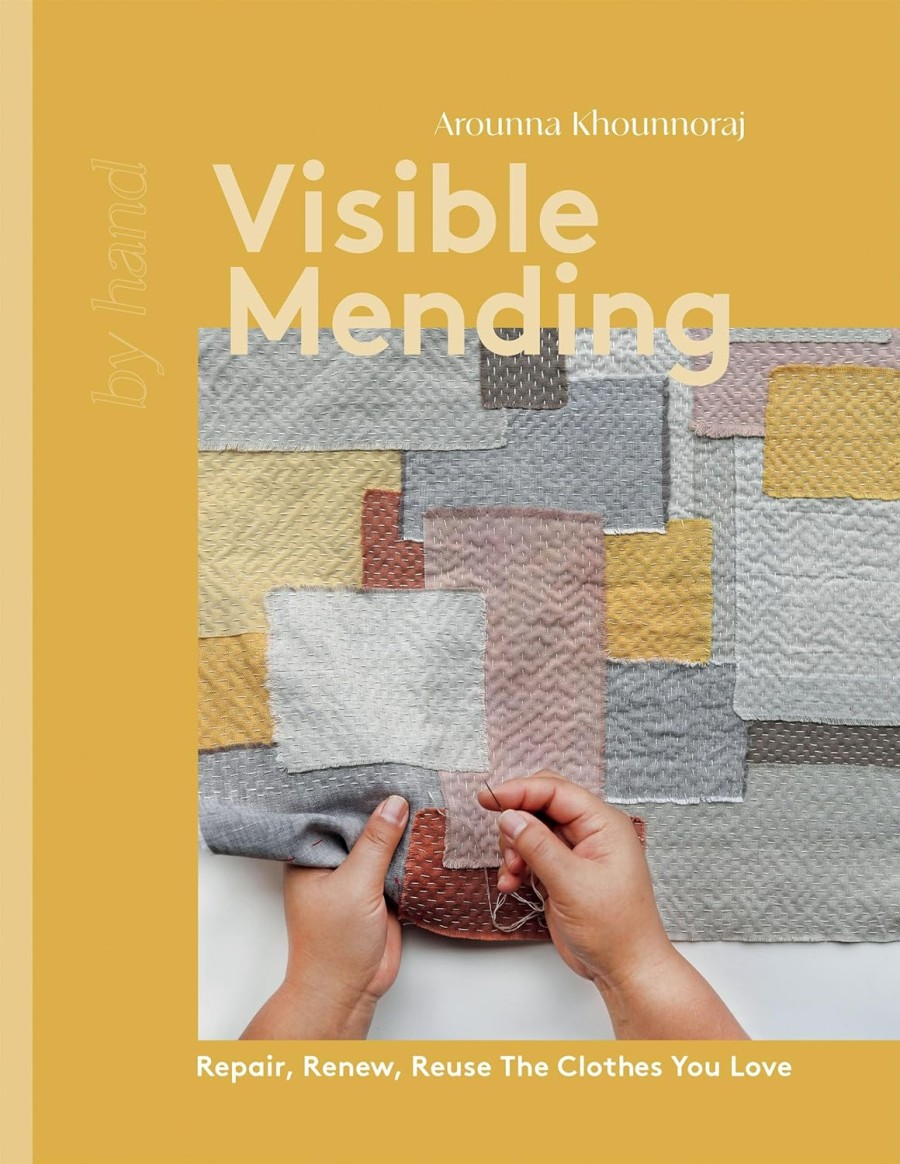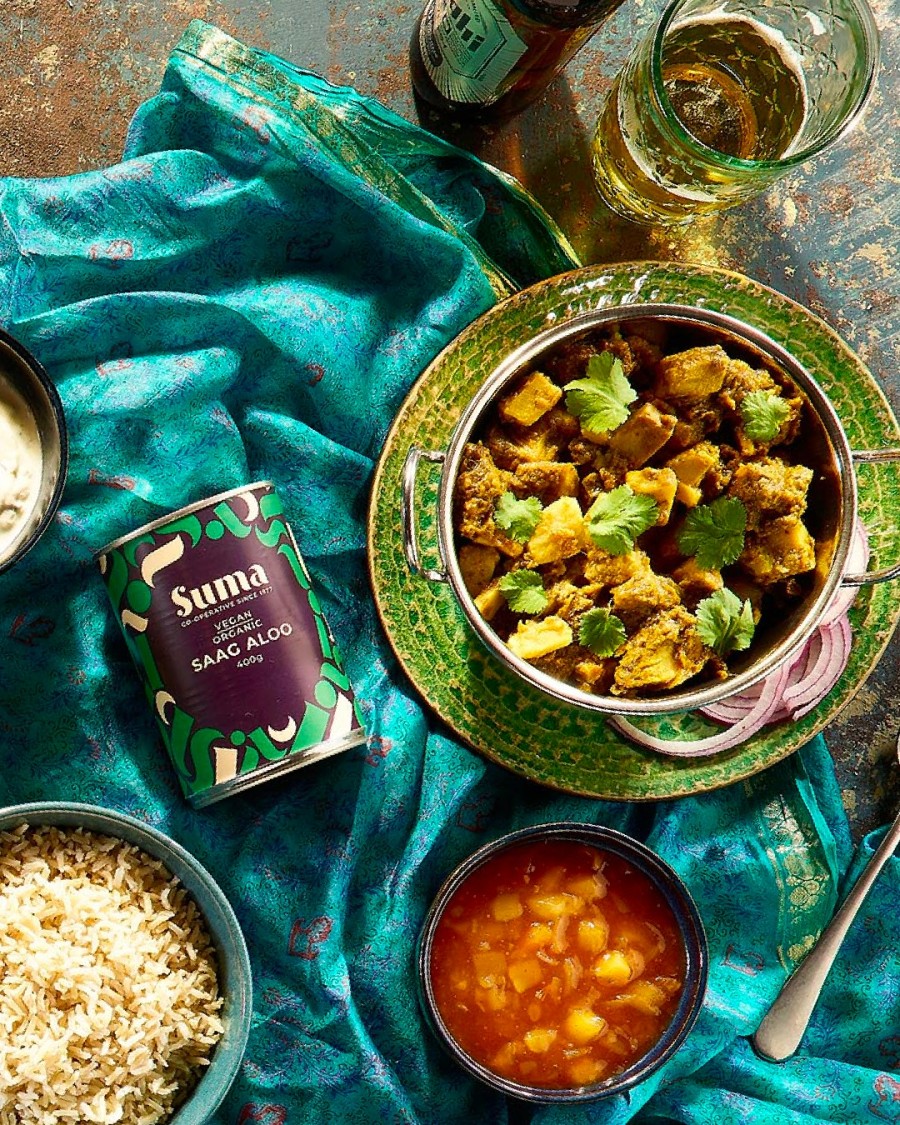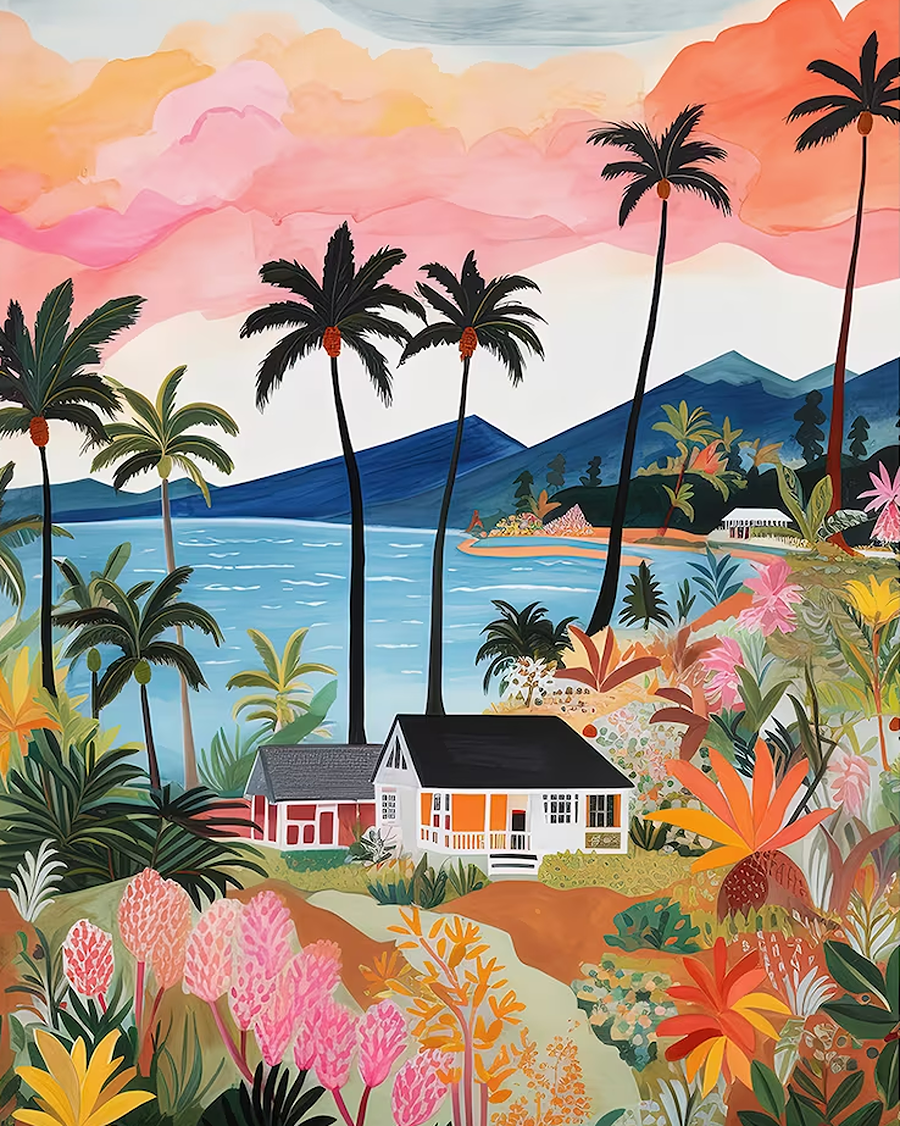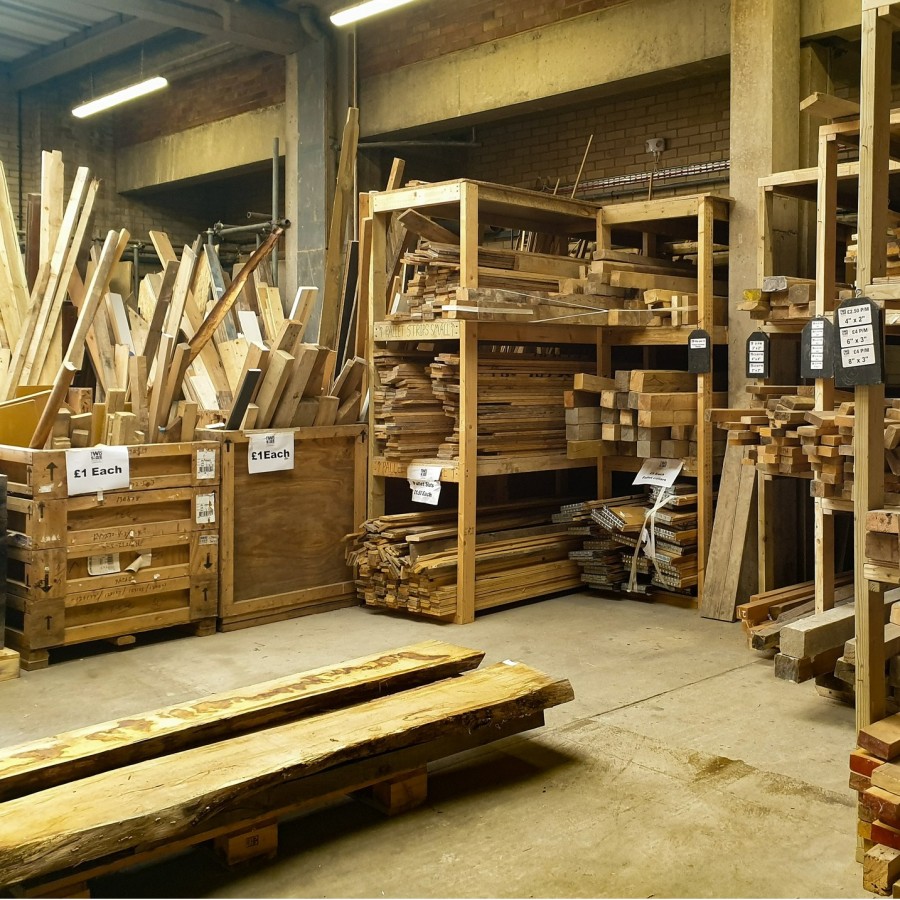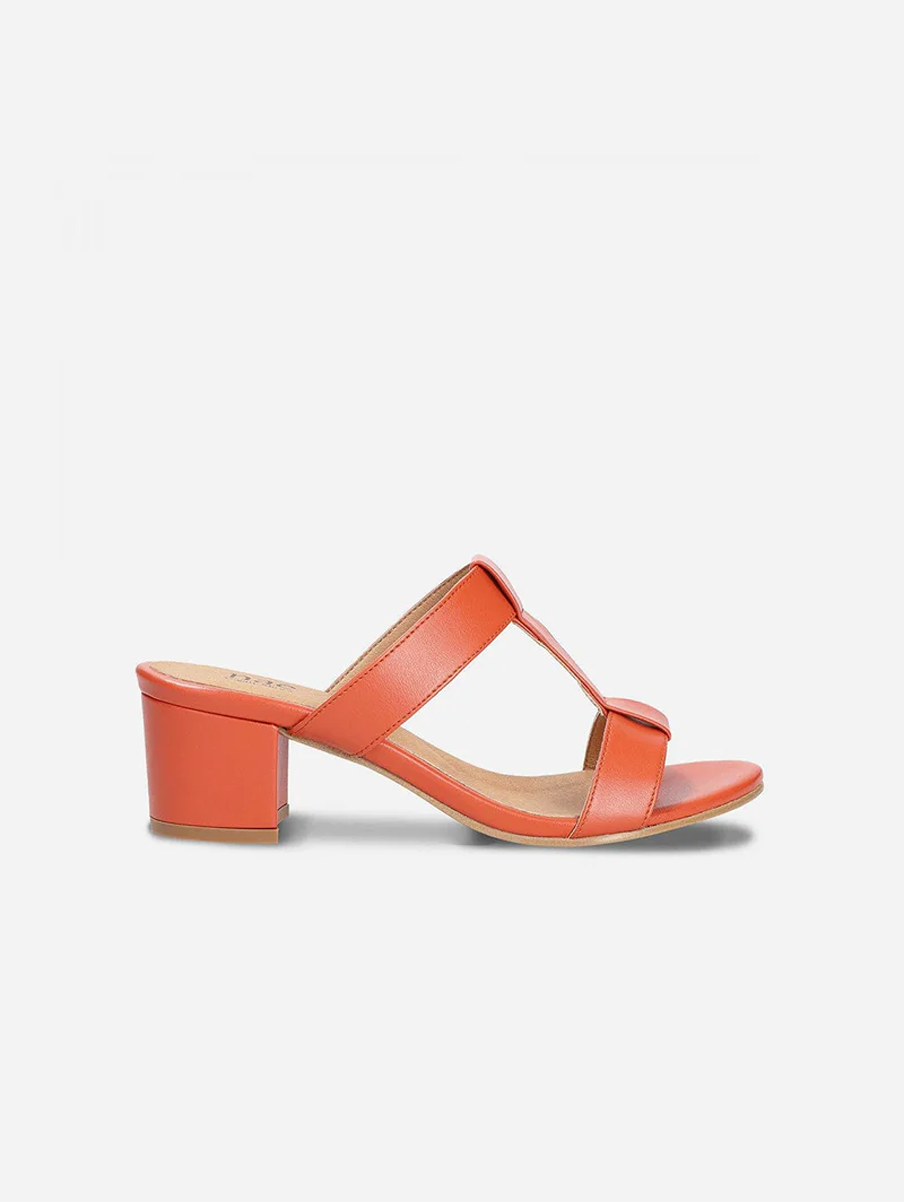
If you think the world has gone totally barmy, you’d be right! Some of the world’s top fashion houses are now replacing animal leathers (unkind, polluting, toxic) with vegan leathers made from fruit. Many people mistakenly believe the leather industry is a by-product of the meat industry, but it’s not. Most leather is made in the far east, in countries where there are little or no welfare laws for animals (or humans that make the leather, who are often subjected to toxic chemicals from the tanning process, which then go into the water supplies, and harm marine wildlife too). These apple leather sandals have a moisture-wicking insole.
Vegan leathers differ in their quality. ‘Pleather’ is simply plastic leather, which may kind to animals but anything but to the planet. And most Microfibers without PVC are better, but still there is work to be done. Vegan leathers of all kinds are not yet fully biodegradable, but getting there! One way of helping to use up the world’s fruit waste is to blend it with other materials to make luxury easy-to-clean vegan leathers:
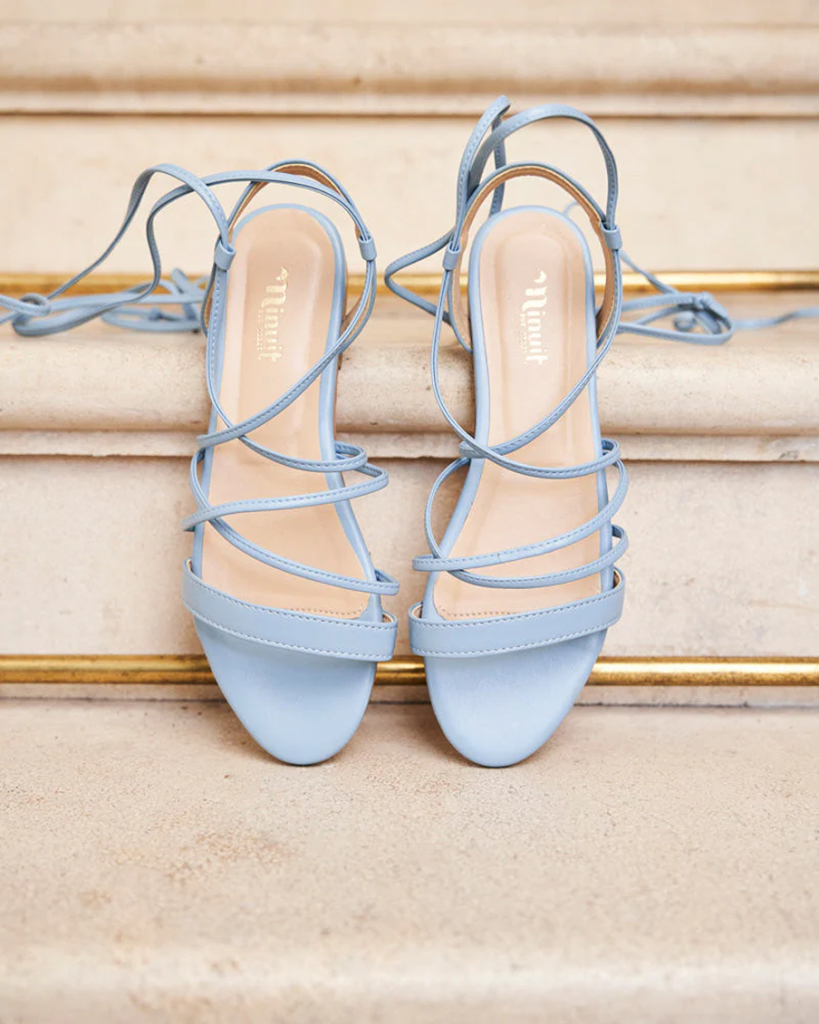
Apple leather is very popular in Europe as the apple pips, cores and skins are sourced mostly from the Bolzano region of Italy (home to many top fashion houses) so as well as being a good material, it has a low carbon footprint, often sourced just a few hundred miles away.
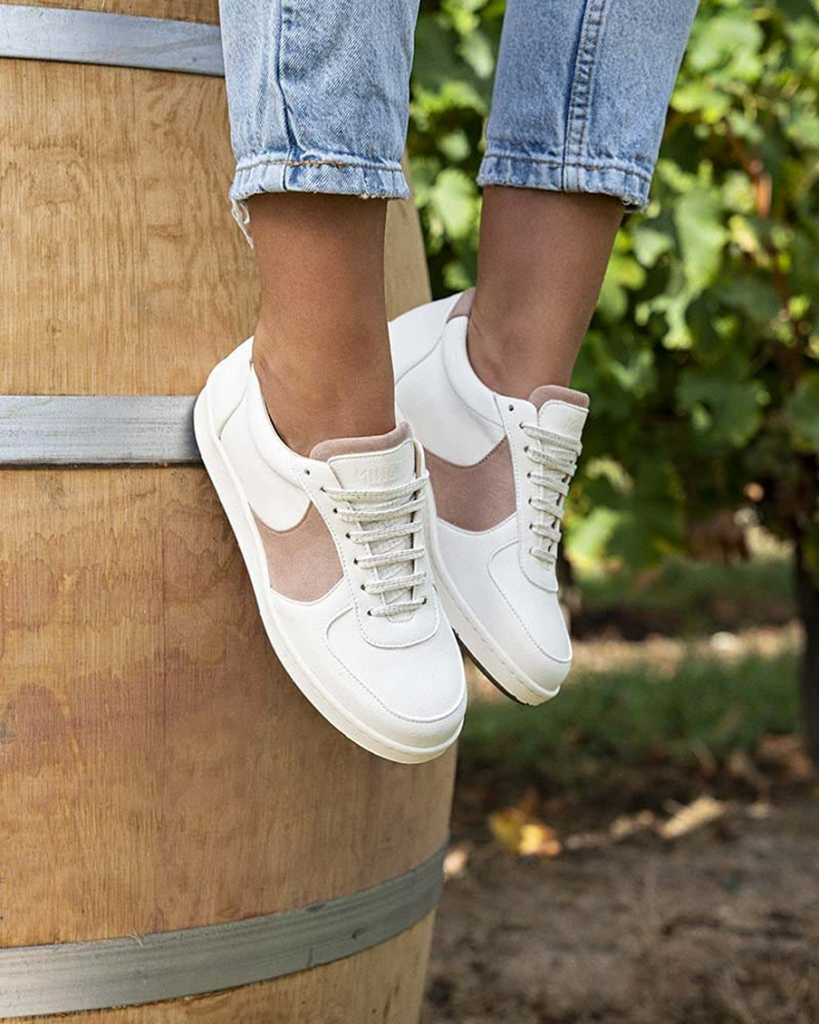
Grape leather is made from the waste of producing wine, along with water-based PU leather. Again it’s a way to solve the huge food waste issues in Italy, which of course includes wine, not just food! Made into items like these grape leather trainers, which are designed in Bordeaux and made in Portugal. This is quality leather that recycles the 2.5 litres of waste shells, skins and cores from each 10 litres of wine produced. This leather is also being used to line interiors for Bentley’s electric cars.
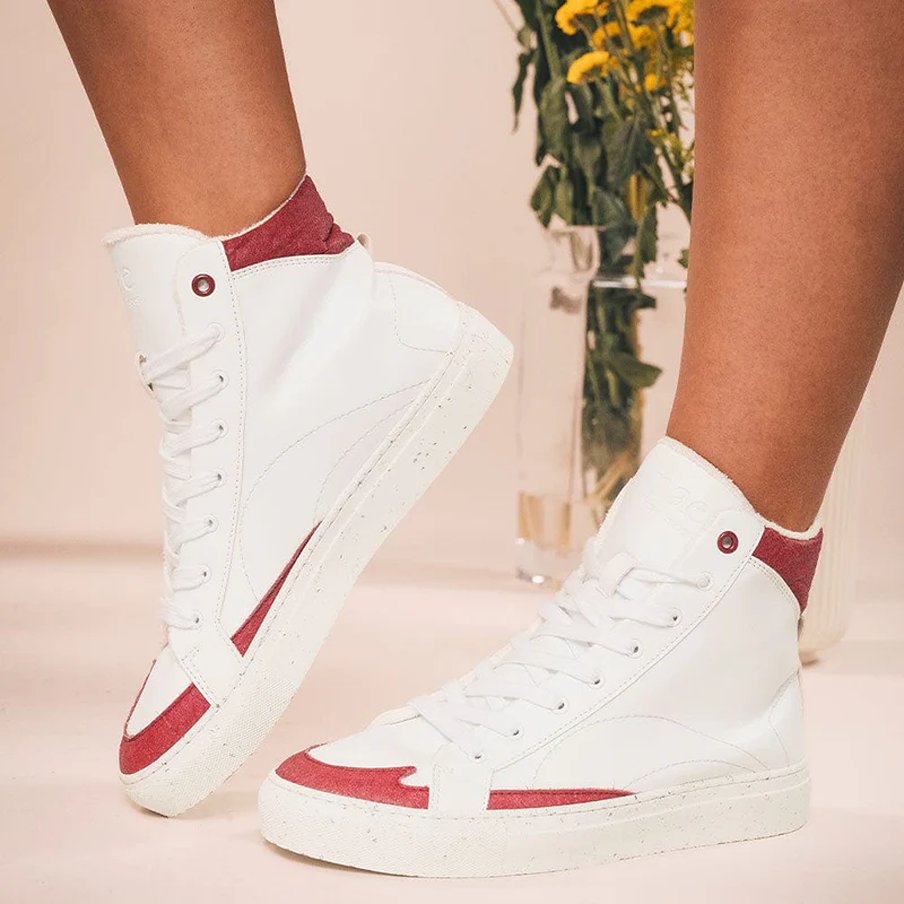
Pineapple leather (piñatex) is a crinkly leather due to the long leaves that would otherwise be thrown away, as pineapples only flower and fruit one time. This leather provides farmers in the Philippines with additional income from the harvest, with leftover biomass used as fertiliser. It’s biodegradable in controlled conditions, and the petroleum coating is hopefully soon to be replaced with natural resins. Vegan watch company Votch uses this material for many of its watch straps, and recommend using a natural dubbin to wax the strap, leave in a warm location for 24 hours, then buff with a cloth.
non-fruity vegan leather from cacti!
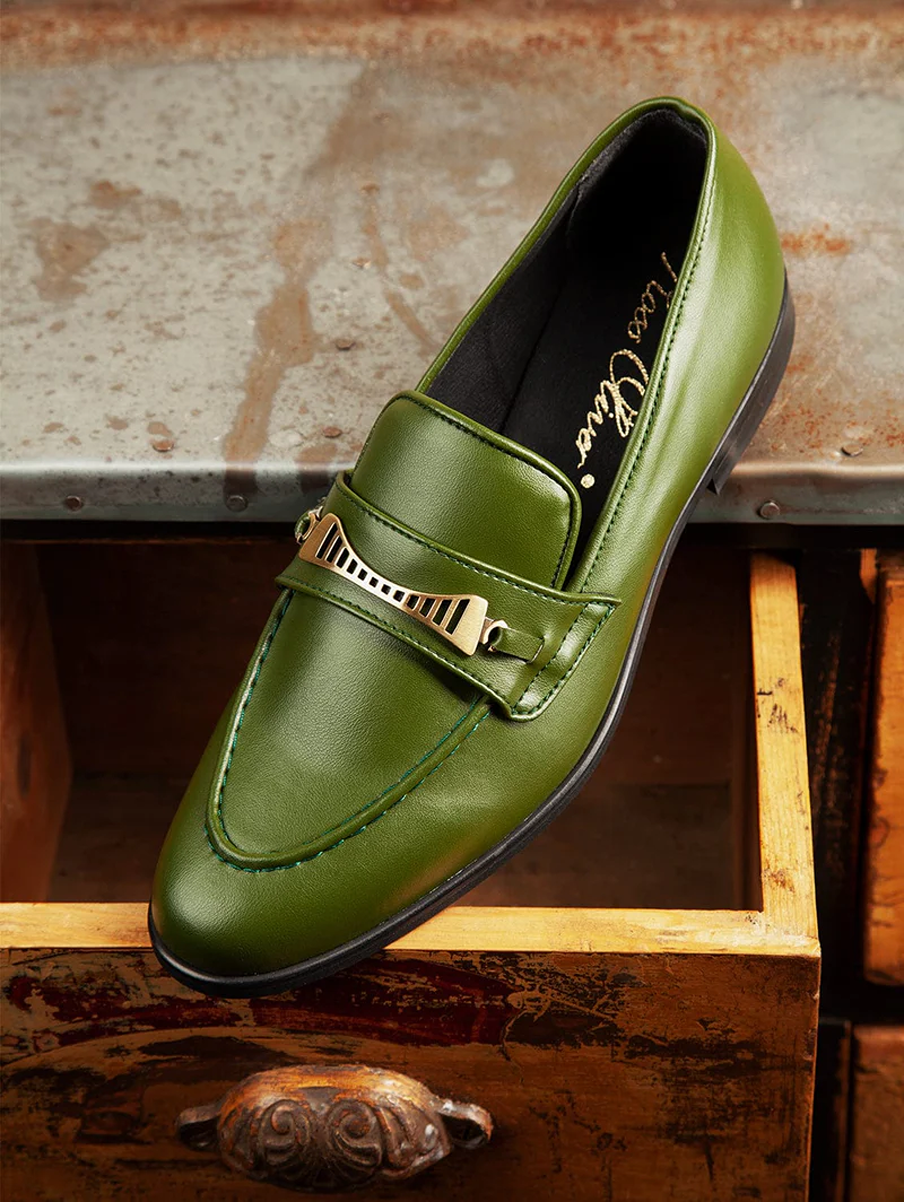
Cactus leather (also called nopal’) is a very soft leather from the South American plant, and one of the most breathable leathers, often sold to the luxury goods market. Made in Mexico, it hardly needs any water to grow (compared to water-intensive animal leather) and is gradually replacing animal skins for soft leathers like calfskin). Ross Oliver loafers were inspired by the design of Bristol’s Clifton Suspension Bridge!

